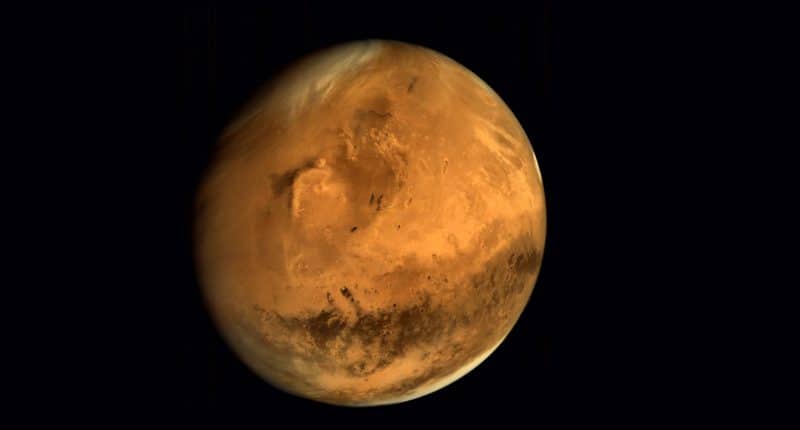In an effort to emerge as a competitive player against the US in space as well, China has decided on a July launch date for its Mars mission. The feat is unique, since this will be the first time that the Asian powerhouse will launch a mission to Mars which involves landing a remote- controlled robot on the Martian surface. Needless to say, the US has already done so, with four of its rovers having already traversed the red planet.
While Beijing has been planning on the mission for a while, the Chinese Aerospace Science and Technology Corporation has estimated the launch to be as early as July. “The big project is progressing as we planned and we are targeting a launch in July” said the CASC in a press statement.
Called “Tianwen”, the mission will involve a two-way effort to study the red planet. The distance between Earth and the red planet is estimated to be about 55 million kilometres, although the figure keeps fluctuating due to their respective planetary orbits. After covering the distance which may take a few months, an orbital probe will be deployed to study the planet. The plan also includes a remote-controlled rover which will aid surface exploration.
The Mars mission is one of the many new space projects China has been pursuing off late. The others include putting Chinese astronauts on the lunar surface and setting up an independent space station by 2022. China and India are the only two major space nations, which are not a part of the current multi-lateral international space station. Both countries have set out to plans to operate independent space stations in low earth orbit. Recently, Beijing’s space program test-launched a new spacecraft that will be used in the mentioned lunar mission.
Back in January 2019, China carried out a similar mission to the moon and ultimately landed a small rover on the dark side of the lunar surface. “Tianwen” however, will mark China’s first rover mission to planet Mars. The move comes amid what many have started to believe, as a space race among world’s major economies.
On the US side of things, NASA is set to launch its fifth rover to mars named ‘Perseverance’. The details of the mission resonates scripts of sci-fi movies but faces multiple challenges related to delays and an ever-increasing budget. The mission includes sending a helicopter drone as well as plan to return samples of the planetary surface to earth through a spacecraft launch from the red planet. If done, it would be the first time ever that a human-made spacecraft would take off from a different planet.
Subsequently, the UAE is expected to launch their first probe to Mars on July 15th on a Japanese rocket.
While the powers wrestle for dominance in the space exploration arena, the U.S recently made an effort directed at cooperation over the global common. President Trump had signed an agreement calling for “international agreement over the use and recovery of space resources”. However, considering American plans of manoeuvres in space and other rivals fighting for influence, an appeal for revised policies seems almost obvious.
The Tech Portal is published by Blue Box Media Private Limited. Our investors have no influence over our reporting. Read our full Ownership and Funding Disclosure →






